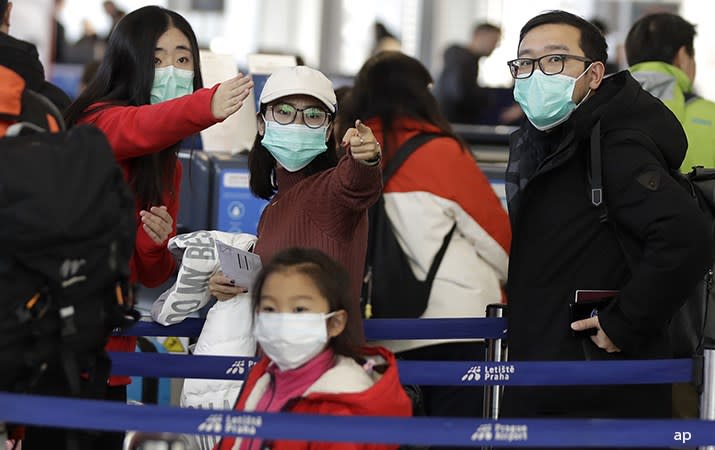How Will Coronavirus Hit Chinese Stocks?

The coronavirus that originated in China is spreading quickly, with cases confirmed throughout Asia as well as in the United States.
Companies in the Chinese travel and tourism industries are the most likely to be affected by the coronavirus outbreak, Morningstar analysts predict; airlines and airports, casinos, resorts, and online travel agencies will be hardest hit. For example, casino operators in Macua, China’s answer to Las Vegas, are considering closing casinos if the situation deteriorates.
To gauge the effect of this contagion on our coverage, we compare it to the 2003 outbreak of SARS, a similar coronavirus that originated in China and killed nearly 800 people. Since SARS did not have a long-term effect on the financials of the companies we covered at the time, we believe this most recent outbreak is likely to lead to only short-term risk.
The current coronavirus appears to be less deadly than SARS, though we can’t rule out the possibility of a mutation. Although the Chinese government has taken steps to combat the virus earlier this time than it did with SARS, mobility in China is greater than before, especially with high-speed railways and the continued growth in air travel.
Looking back at the effect of SARS on the travel industry, we think this coronavirus could lead to a sharp, but short, shock to air travel demand, resulting in traffic declines for airlines and airports over the next few months.
Airline Stocks Vulnerable
Routes to and from Wuhan, where the virus originated, will be hit the hardest. Among the three largest carriers, China Southern Airlines (600029) is most exposed to the Wuhan civil aviation market, followed by China Eastern (600115) and Air China (601111). On a company level, though, the Wuhan market is only a small portion of China Southern’s business, around 5% of the airline’s passenger-carrying capacity. However, given the public fear that the coronavirus has already spread to other regions in China and other countries, we expect to see a wider effect.
With SARS, the number of airline tickets and hotel rooms sold through Chinese online travel agency Trip.com (TCOM) slumped in early 2003, while revenues and profits also crumbled. But all these metrics swiftly rebounded as demand for travel returned, helped by government subsidies to companies affected by SARS.
Should the outbreak of this current coronavirus become as serious as SARS, we would expect operating profit to decline substantially in a quarter and rebound once the outbreak is under control due to pent-up demand. Because Trip.com is a more mature company 17 years later, the subsequent rebound is likely to be less noticeable this time round.
Casinos are another example of a business affected by the coronavirus. During SARS, SJM Holdings (00880) was the only major casino operator in Macau and it saw a sharp drop in gamblers and betting revenue in April 2003, and betting volumes also decreased. But this soon recovered, with SJM’s gaming revenue was up 68% for the whole year of 2003.
What is different now is that the gaming industry is a lot more mature, so we expect any recovery to be much smaller in percentage terms.

 Yahoo Finance
Yahoo Finance